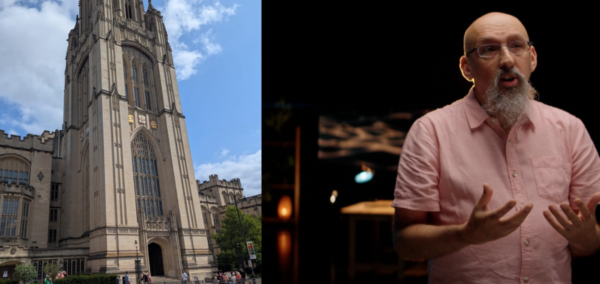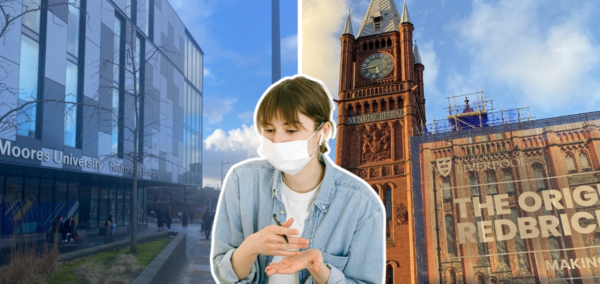
First Bus fares are increasing: Here’s everything you need to know
The popular 10 trips for £10 bundle will cost students £13 from 24th July.
First Bus have announced that they are increasing student fares from the 24th July. This comes as part of a wider 30 per cent fare increase across their York services to manage rising costs.
Although general fare prices were increased from the 3rd July, the price of the popular student offers and bundles are set to increase on the 24th July. Student tickets will rise from £3.20 to £4 whilst the popular 10 trips for £10 bundle will now cost £13.
Here’s everything you need to know about the changes coming to First Bus this month:
What are the price changes?
From the 24th July, student ticket prices will increase:
- First student was £3.20 is now £4.00
- FirstWeek was £12.00 is now £15.00
- Pack of 10 singles was £10.00 is now £13.00
- Pack of 20 singles was £20.00 is now £26.00
- Term passes were £94.00 are now £115.00
- Annual passes (staff or student) were £275.00 are now £345.00
- Adult single was £1.20 is now £2.00, but when using Tap on, Tap off is £1.40
Adult single tickets, which were £1.20, will now be capped at £2 in line with the government fare cap. However, First Bus have also introduced a ‘Tap on, Tap off’ payment option to their services which will provide the cheapest fares, with an adult single costing £1.40. The system will also make a standard return ticket £2.80, and the cost of additional journeys throughout the day will be capped at £4.80.
“Our business is not immune from the impact of inflation and rising business costs.”
Kayleigh Ingham, commercial director of First Bus for North and West Yorkshire released a statement explaining the increases saying:
“Our business is not immune from the impact of inflation and rising business costs. We have looked carefully at how we can limit price increases for customers and balance this with the challenge of maintaining a sustainable network as we build back passenger numbers.”
She added: “These fare changes reflect the customer travel and buying habits we’re now seeing since the pandemic.
“When everyone is looking at how to manage rising living costs and how much they use their transport with continued high fuel prices, the bus is an affordable and sustainable way to travel.”
You can view the full lists of service and fare changes here.
Related stories recommended by this writer:
• York has investigated the most students for using ChatGTP out of all Russell Group unis
• Uni of York apologise after spam email leaves students confused they’d failed degree
• Uni of York to put withheld pay from striking staff into new student rent grant
















